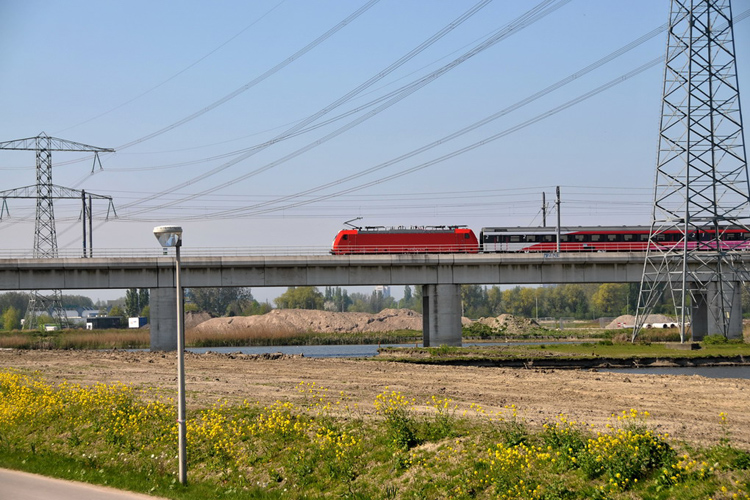Disruptive innovations not only change the shape of technology and markets, but often pose legal challenges as well. Building your own electricity grid or flying with a drone in your backyard, for instance, may land you in legal troubles, because lawmakers did not foresee the possibilities created by new technologies. Therefore, to prevent the law from hampering innovation, and indeed to make law facilitate innovation, it is essential to timely investigate legal consequences of technological development.
Almost a century ago a dentist in The Hague used a knitting needle to stop his electricity meter monitoring his power consumption. The public prosecutor then charged him with theft. At the time, however, theft was defined as ‘taking away a good’ and it was unclear whether electricity was something that could be taken away. The Supreme Court decided that, since electricity had economical value, it should at least be treated as a good.
‘So, the problem of laws not keeping up pace with technology is hardly new’, says Professor Michiel Heldeweg, who specialises in the legal aspects of innovation. ‘Nowadays, too, there are plenty of developments that escape regulation. Take driverless cars. Obviously, their introduction has serious legal consequences, especially when it comes to responsibility in case of an accident. Currently, however, Dutch law only says that the driver of a car must be properly licensed. The issue of a car without a driver is simply not dealt with.’
This doesn’t mean these cars drive around in a legal no man’s land. Many laws allow exceptions to be made, for instance by including a clause that gives authorities the right to bypass, within limits, certain parts of the regulation. But then still it is necessary to think thoroughly about the consequences before applying an exception. Pushing aside the law just because it is inconvenient for technological development is equally undesirable. At the same time, legal regimes can be useful to accommodate technological experimentation.
Grid
Recently Heldeweg has been devoting much attention to the energy grid. When the energy market was liberalized, to prevent monopolies, European governments explicitly separated the roles of energy producers/providers and of grid operators. Under the law individuals could become producers, for instance by installing solar panels on their roofs. They are allowed to sell surplus electricity to their energy company, but to collectively set-up and operate a local, smart grid would be against the law.
The latter situation was simply not envisaged upon liberalization. Currently, as distributed (or decentralised) energy production is becoming more widespread, for instance a neighbourhood installing its own wind turbine, pressing questions arise – and no easy ones.
‘The technical issues alone are already quite bewildering’, Heldeweg explains. ‘Who owns the neighbourhood grid? Who owns the energy in the grid? Is value added tax owed when you supply your neighbour with electricity? Who is to blame if the system fails? If the majority of people in your neighbourhood joins the system, can you still opt out? Do you want your neighbours to know how much electricity you use and at which moments? And so on.’
These issues within a decentralised grid seem complicated enough. However, when you get to regional, national and international levels they are even more complex, because maintaining stability inside the larger, more geographically dispersed grid will become a real challenge. New types of technical and administrative coordination will be necessary, as well as legal rules to determine who decides and on what criteria.
Regulation
Apart from purely legal and technological questions, there are also political and ethical issues to consider – and not just in the case of the energy grid. ‘Regulation must facilitate socially desirable developments’, Heldeweg remarks. ‘Light touch regulation leaves more freedom to citizens, but does not guarantee a level playing field. Those with more means and expertise already have an advantage, not only when it comes to conflicts of interest between citizens and companies, but between citizens as well. If a neighbourhood grid turns a profit, there’ll be discussions on who is entitled to what. On the other hand, strict regulation may prevent innovation from taking place at all.’
In these situations there are no straightforward answers, which is exactly what raises Heldeweg’s interest. He proposes more room to manoeuvre for local governments, to encourage communities in managing their own energy affairs. ‘As with any technological development the essential thing is that a comprehensive system of checks and balances is put into place, to ensure that the benefits are fairly shared.’















